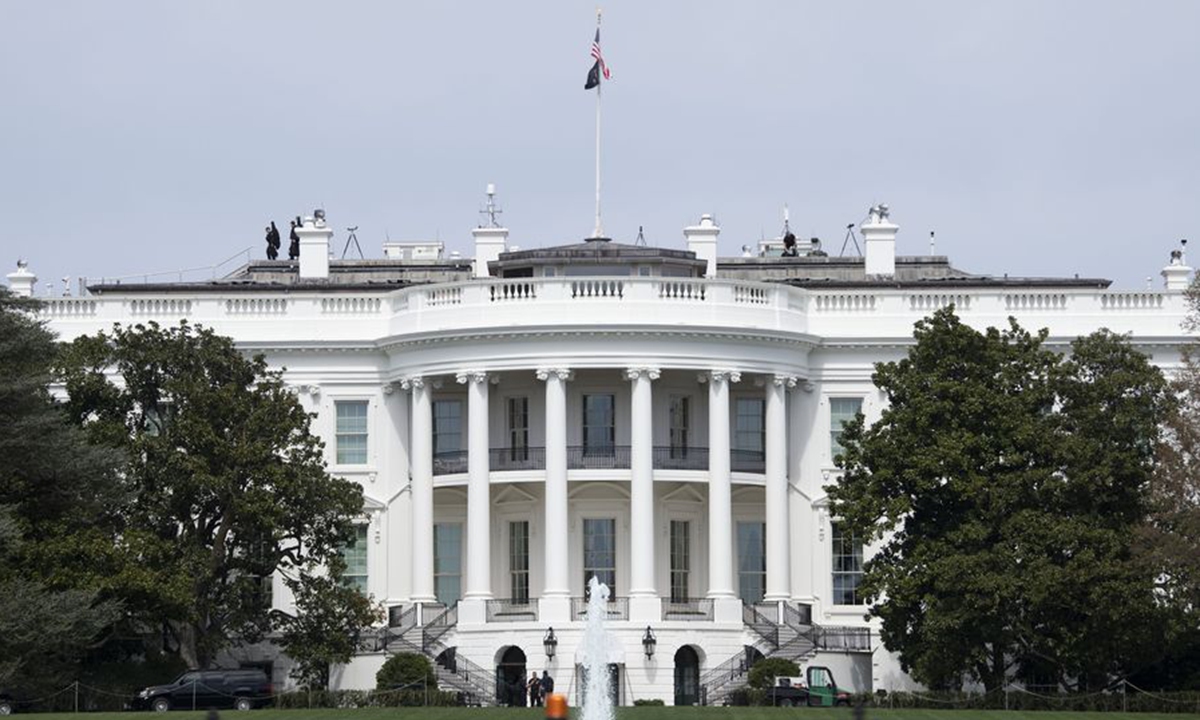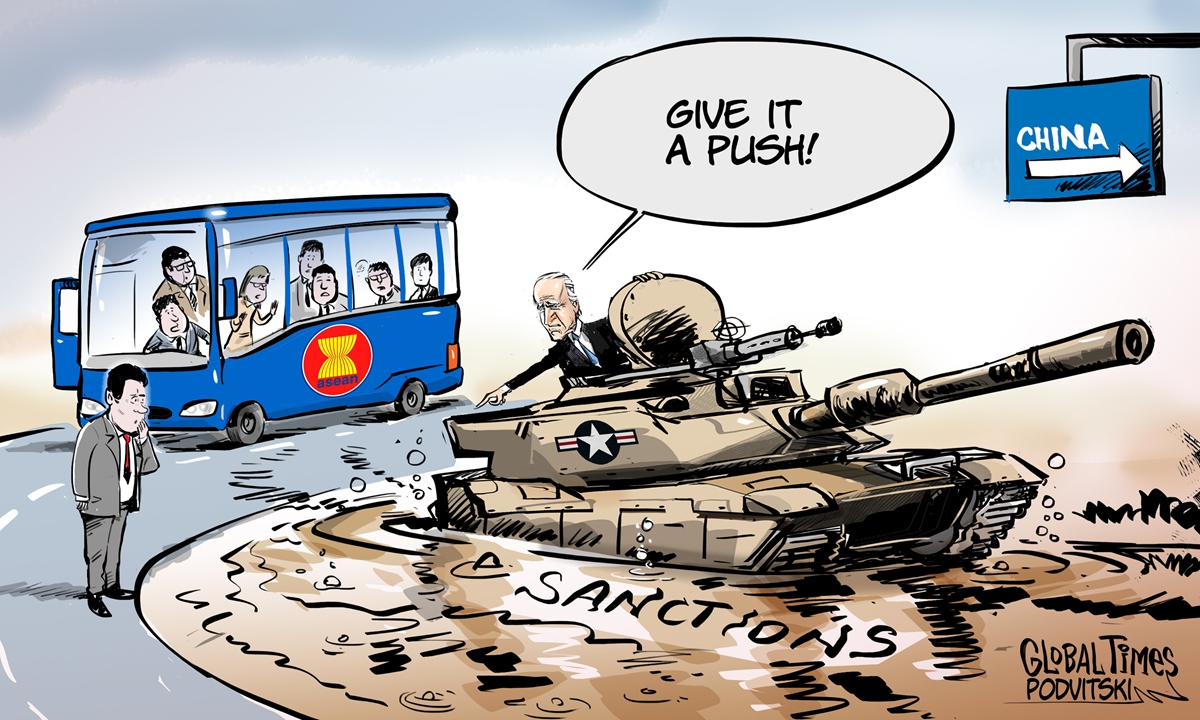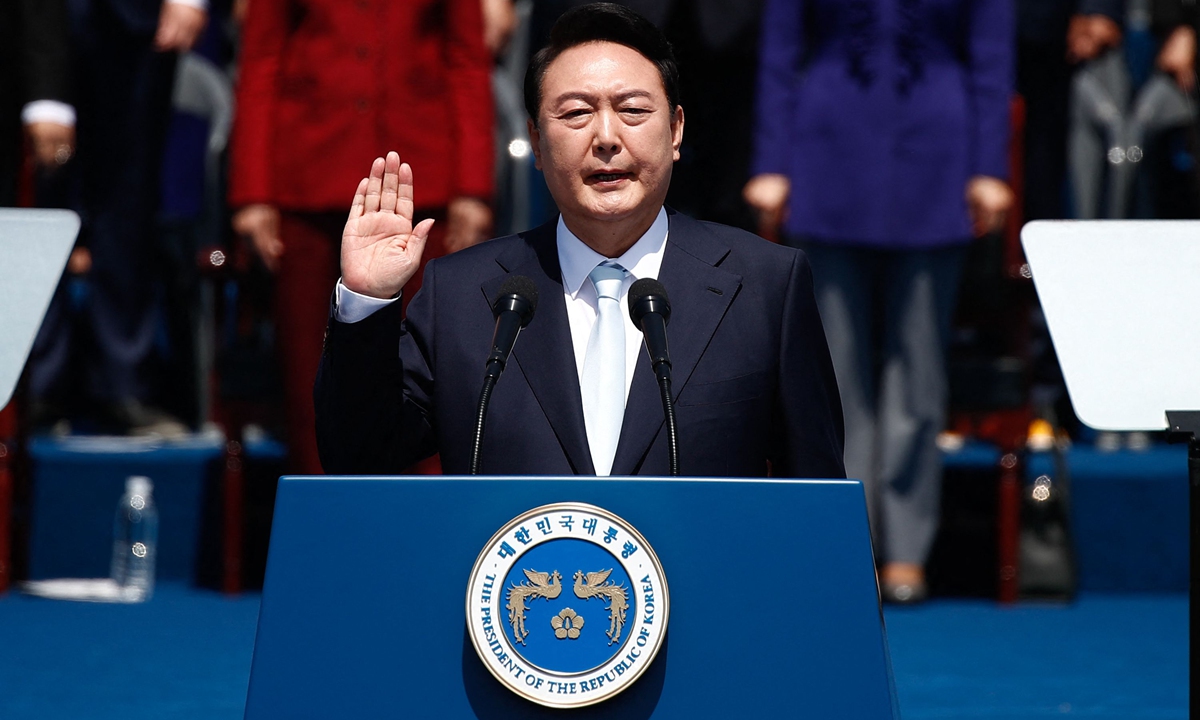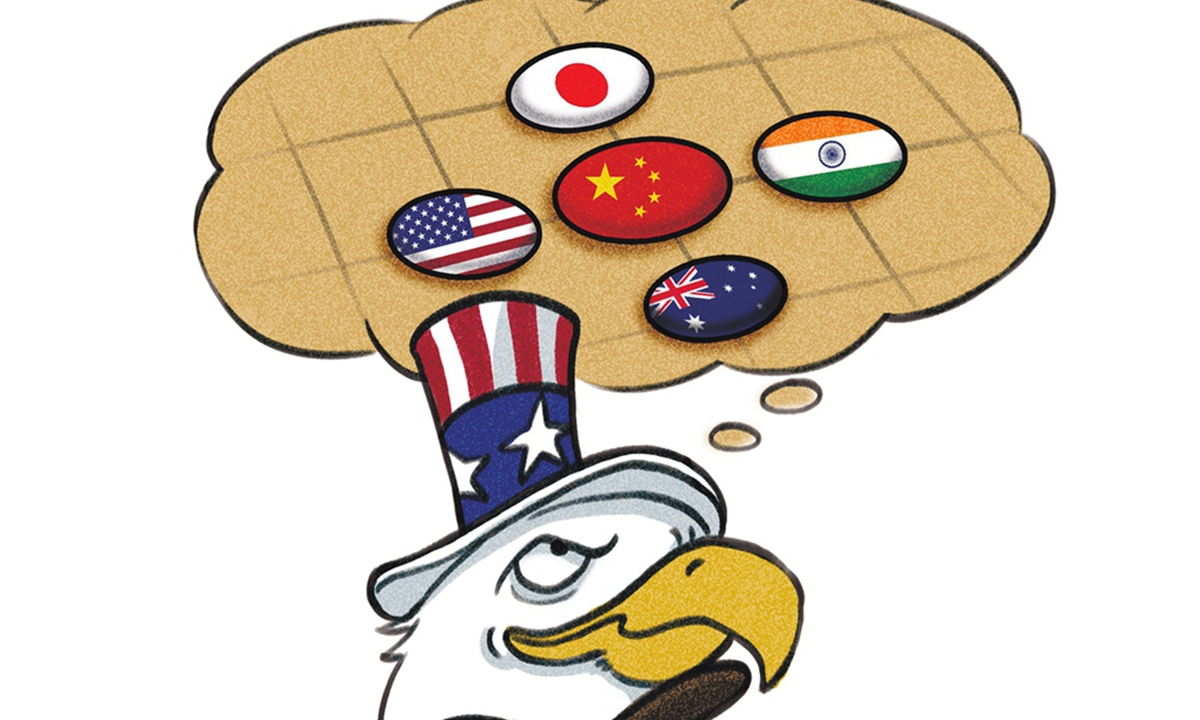Malaysians fail for offers of lucrative jobs overseas only to end up scrammed
Families seek help from authorities to rescue job scam victims abroad
KUALA LUMPUR: Desperate for work after the Covid-19 pandemic left them jobless, hundreds of Malaysians pounced on offers of high-paying jobs abroad when borders reopened.
They were in for an ugly surprise. They soon found out they had become victims of job scams and, with their travel documents taken away, are now stranded in several Indochinese countries. Police said initial investigations showed the scams are run by human trafficking syndicates in Laos, Cambodia and Myanmar. Bukit Aman CID director Comm Datuk Seri Abd Jalil Hassan (pic) told The Star that 115 Malaysians were still stranded in these countries, desperate to return home. Statistics from the federal police showed as at May 23, 100 men and 15 women aged between 17 and 41, were still stuck in various countries including Cambodia, Myanmar and Laos.
“We have received a total of 110 police reports on Malaysians stranded abroad after being victims of job scams.
“We believe the victims have been stranded there for at least six months. We are actively pursuing all cases to assist the victims,” he added.
Police reports were lodged by the victims’ families after they managed to call home, he said.
“In most cases, the victims managed to inform their family members of their predicament.
“We believe the number of police reports increased after the recent successful rescue of Malaysians abroad, with such cases being highlighted in the media,” he added.
Last month, the Malaysian Embassy in Cambodia said it had rescued more than 60 Malaysians coerced into working for scam call centres over the past few years.
On April 6, 16 Malaysians held captive in Sihanoukville on the south coast of Cambodia were also rescued.
The victims claimed they were duped by offers of jobs as customer service representatives with lucrative salaries for a Cambodian company.
Once in Cambodia, their personal documents were seized and their movements restricted.
Since the reopening of the country’s borders, more dubious job offers were being uploaded on social media, Comm Abd Jalil said.
“Some people are desperate due to a lack of jobs because of the Covid-19 pandemic.
“Among the main factors that enticed victims to such job scams are lucrative salary offers and benefits.
“We believe the convenience of finding a job overseas is also a factor that influenced the victims’ decisions,” he added.
Comm Abd Jallil said initial investigations showed the syndicates were forcing these Malaysians into working in scams and gambling dens.
“We are building more intelligence on the human trafficking syndicates to effectively clamp down on such job scams.
“We are working hard with the Interpol and Aseanapol to track down and rescue victims.
“We are also collaborating with the Foreign Ministry to expedite efforts in rescuing the victims overseas,” he added.
He also appealed for more awareness to prevent others from falling victims.
“We are working with government agencies and NGOs especially the MCA Public Services and Complaints Department on creating more awareness on such job scams.
“We are focusing on the importance of being careful when considering jobs offered overseas via social media,” he said.
Comm Abd Jalil advised the public to know and adhere to local laws and regulations when accepting jobs overseas.
“Before accepting any job offers, do a thorough background check on the prospective employer or company,” he said.
Comm Abd Jalil added that the police welcome information on syndicates that duped Malaysians and forced them to conduct illegal activities overseas.
Statistics from the federal police showed as at May 23, 100 men and 15 women aged between 17 and 41, were still stuck in various countries including Cambodia, Myanmar and Laos.
“We have received a total of 110 police reports on Malaysians stranded abroad after being victims of job scams.
“We believe the victims have been stranded there for at least six months. We are actively pursuing all cases to assist the victims,” he added.
Police reports were lodged by the victims’ families after they managed to call home, he said.
“In most cases, the victims managed to inform their family members of their predicament.
“We believe the number of police reports increased after the recent successful rescue of Malaysians abroad, with such cases being highlighted in the media,” he added.
Last month, the Malaysian Embassy in Cambodia said it had rescued more than 60 Malaysians coerced into working for scam call centres over the past few years.
On April 6, 16 Malaysians held captive in Sihanoukville on the south coast of Cambodia were also rescued.
The victims claimed they were duped by offers of jobs as customer service representatives with lucrative salaries for a Cambodian company.
Once in Cambodia, their personal documents were seized and their movements restricted.
Since the reopening of the country’s borders, more dubious job offers were being uploaded on social media, Comm Abd Jalil said.
“Some people are desperate due to a lack of jobs because of the Covid-19 pandemic.
“Among the main factors that enticed victims to such job scams are lucrative salary offers and benefits.
“We believe the convenience of finding a job overseas is also a factor that influenced the victims’ decisions,” he added.
Comm Abd Jallil said initial investigations showed the syndicates were forcing these Malaysians into working in scams and gambling dens.
“We are building more intelligence on the human trafficking syndicates to effectively clamp down on such job scams.
“We are working hard with the Interpol and Aseanapol to track down and rescue victims.
“We are also collaborating with the Foreign Ministry to expedite efforts in rescuing the victims overseas,” he added.
He also appealed for more awareness to prevent others from falling victims.
“We are working with government agencies and NGOs especially the MCA Public Services and Complaints Department on creating more awareness on such job scams.
“We are focusing on the importance of being careful when considering jobs offered overseas via social media,” he said.
Comm Abd Jalil advised the public to know and adhere to local laws and regulations when accepting jobs overseas.
“Before accepting any job offers, do a thorough background check on the prospective employer or company,” he said.
Comm Abd Jalil added that the police welcome information on syndicates that duped Malaysians and forced them to conduct illegal activities overseas.
“Those with information can contact the nearest police station,” he said.
Related stories:Duped by the promise of high salaries
Don't fall prey to foreign job scams: Bukit Aman
Related posts:
The telltale signs of a scam, Macau scams: Spot, avoid and report scammers; It’s all in the details


.jpeg)





 Geneva: The World Health Organisation gave the green light to Chinese manufacturer CanSinoBIO’s Covid-19 vaccine – the ninth jab to get the WHO seal of approval.
Geneva: The World Health Organisation gave the green light to Chinese manufacturer CanSinoBIO’s Covid-19 vaccine – the ninth jab to get the WHO seal of approval.
